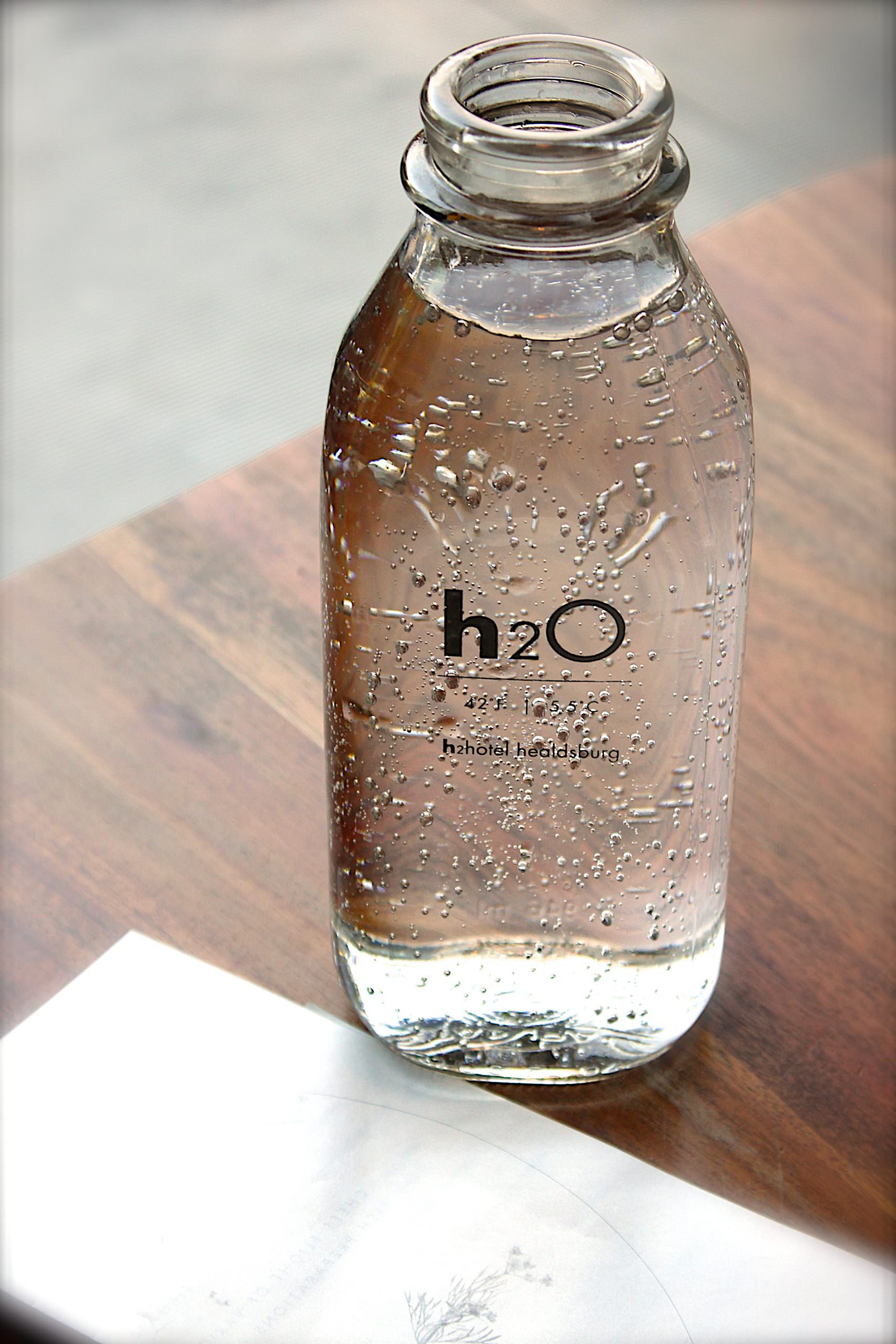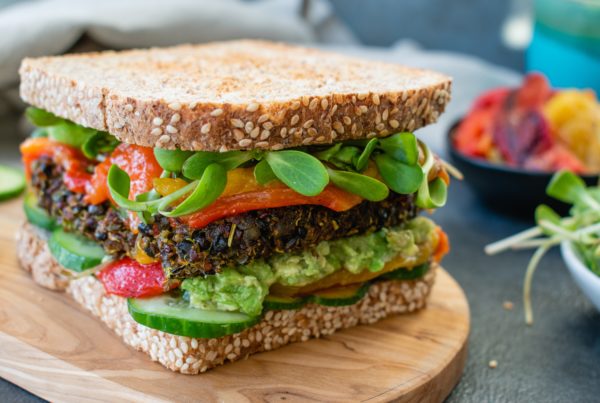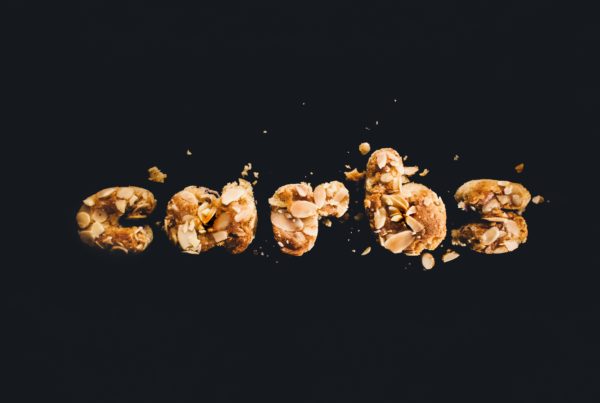Everyone knows the importance of staying hydrated; however, an active individual differs from the average person in terms of hydration needs. There are so many sports hydration products on the market with varying amounts of calories, carbohydrates and electrolytes that all promise increased performance and energy. But are they all really necessary?
In fact, for daily hydration, water will do the trick just fine. Everyone’s required water intake varies, but generally speaking, 2-3 L of water consumed daily is sufficient. Exercise can lead to increased water losses of anywhere between 0.3 L and 2.4 L due to sweat, which requires a greater fluid intake. When the need for a greater fluid intake is not met dehydration can occur. This leads to several adverse side effects such as dizziness, fatigue, headaches, and muscle cramps—which can impact not only exercise, but work and personal life as well. Hydration throughout the day is important in addition to having a cup of water an hour before exercise and sipping on fluid during activity. To avoid overhydration, allow thirst to act as a guide for water consumption throughout the day and after exercise.
So when should sports drinks be consumed? A drink with added sugars and electrolytes is only necessary during high intensity exercise—exercise that lasts longer than an hour, or exercise outdoors in high heat and high humidity weather. These drinks help replenish electrolytes lost from sweat and give enough energy to power through any workout. Additionally, sports drinks can be useful for those who have trouble drinking enough water, as research has found the consumption of sports drinks results in increased fluid consumption, and therefore better hydration maintenance in both children and adults. Look for sports drinks with 30-60 g of carbohydrate and at least 20 mg of potassium and 20 mg of sodium per 250 mL. Stay away from carbonated drinks, energy drinks and regular fruit juices.
Hydration is not only important for athletic performance, but also everyday performance. Water and sports drinks can both offer benefits and prevent the negative effects of dehydration; allowing you to focus on physical fitness, work, and simply enjoying life.



